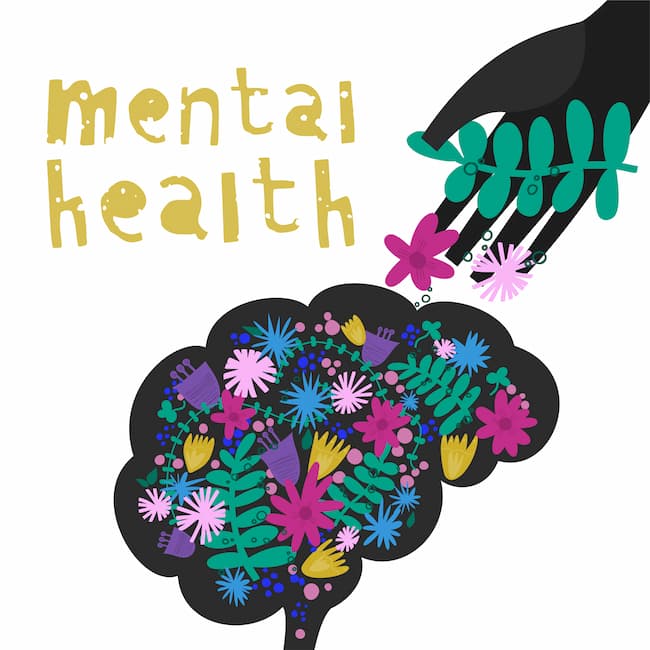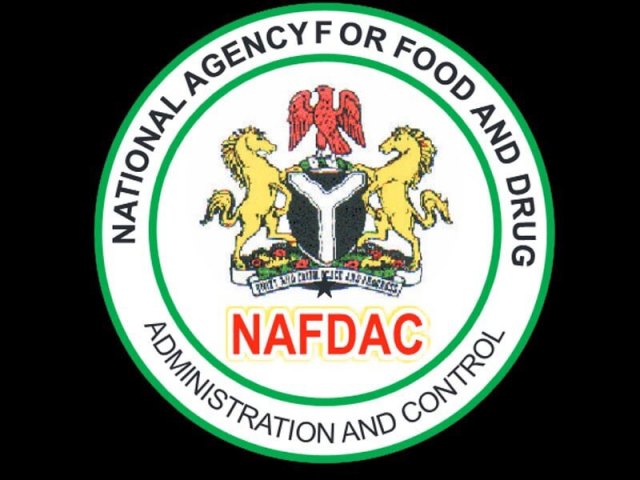The Nigeria Centre for Disease Control and Prevention (NCDC) calls on Nigerians to remain vigilant as it monitors the XEC COVID-19 variant, which has been identified in 43 countries worldwide. While there is no evidence suggesting increased severity, the agency stresses the importance of maintaining public health precautions.
What is the XEC Variant?
The NCDC explains that the XEC variant is a sublineage of the Omicron strain and is currently classified as a Variant Under Monitoring (VUM). Though the JN.1 variant, from which XEC descends, is already circulating in over 130 countries—including Nigeria—the XEC variant itself has not yet been detected in the country.
“Globally, JN.1 is one of the fastest-spreading variants, but there is no evidence of increased severity with XEC, despite its higher transmissibility,” the NCDC says.
Reports show a rise in COVID-19 cases linked to the XEC variant in multiple regions, including Europe, Asia, North America, and most recently, Africa, where Botswana has confirmed cases. The NCDC states that global health organizations are closely monitoring these developments to guide response strategies.
The NCDC assures the public that it is actively tracking the situation through the National COVID-19 Technical Working Group. The agency has reinforced surveillance systems, boosted stockpiles, and trained healthcare workers to handle any potential surge.
“Risk assessments are ongoing to refine our preparedness and response strategies. We remain committed to protecting Nigerians through a proactive approach,” the NCDC says.
Health facilities across Nigeria are being advised to increase testing for COVID-19 and send positive samples to accredited laboratories for genomic sequencing. These measures are vital to monitoring the virus’s evolution and adjusting national response efforts accordingly.
The NCDC emphasizes that COVID-19 continues to pose a significant risk to vulnerable populations, including older adults, individuals with chronic illnesses, cancer patients, transplant recipients, and those with weakened immune systems.
The agency urges Nigerians to uphold key public health practices to prevent the spread of COVID-19. These include:
- Practicing regular handwashing and using alcohol-based sanitizers.
- Covering the mouth and nose with a tissue or elbow when coughing or sneezing.
- Wearing face masks in crowded or enclosed spaces.
- Practicing physical distancing.
- Getting vaccinated and staying up to date with booster shots.
Healthcare workers are reminded to adhere to infection prevention measures, such as wearing personal protective equipment (PPE) and practicing proper hand hygiene.
The NCDC appeals to Nigerians to avoid spreading unverified information that may cause unnecessary fear or panic. It also urges state governments to strengthen public health infrastructure and ensure their systems can respond effectively to emerging challenges.
While the agency assures the public that there is no need for alarm, it reiterates that vigilance and adherence to safety measures are essential to safeguard against COVID-19 and its evolving variants.













